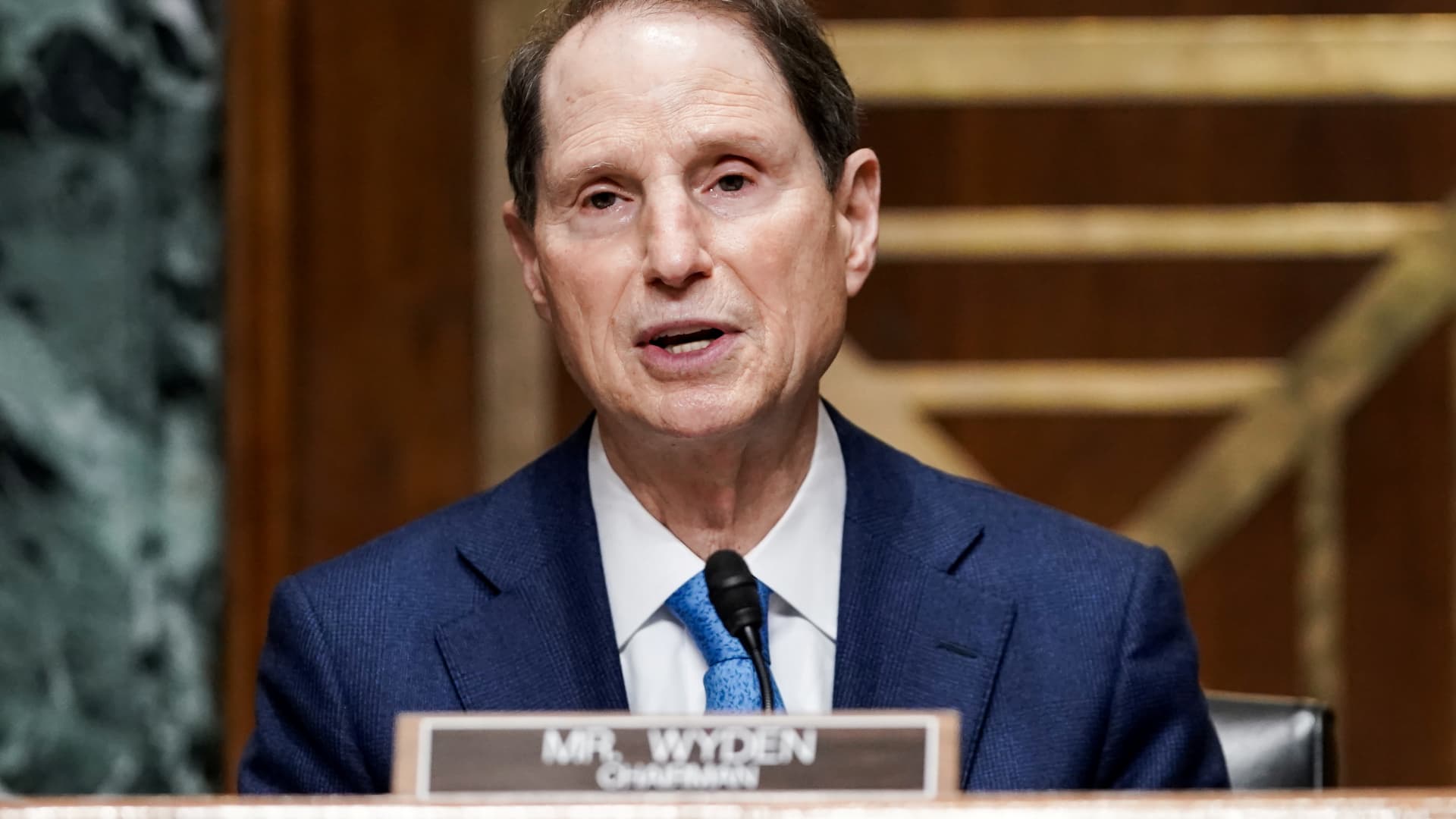The Senate Finance Committee this week voted to advance Daniel Werfel’s nomination to become IRS commissioner amid fierce debate over the agency’s $80 billion in funding.
Following a confirmation hearing on Feb. 15, the bipartisan committee vote was the final step before a full Senate vote for confirmation.
Senate Finance Committee Chair Ron Wyden, D-Ore., said Werfel’s February testimony demonstrated he’s a “rule follower” who will work with “both sides of the Committee.”
“He’s going to go through, I believe, in a matter of weeks,” said Mark Everson, a former IRS commissioner and current vice chairman at Alliantgroup, noting there is support from both sides of the aisle.
“There’s a great deal of contention about the proper role of the IRS and tax administration in terms of its role on wealth distribution and a host of other issues,” he said. “But there’s agreement that you need a competent, accountable commissioner running this vital organ of government — and Danny Werfel is that person.”
Prior to Werfel’s role at Boston Consulting Group, he served President Barack Obama and President George W. Bush as the IRS acting commissioner and Office of Management and Budget controller.
Oversight of IRS funding is a priority for Republicans
The Senate Finance Committee vote comes amid continued scrutiny of the $80 billion in IRS funding allocated in August through the Inflation Reduction Act.
After months of disapproval, House Republicans in January voted to rescind the funding. But without support from the Democrat-controlled Senate or the White House, the bill was largely seen as political messaging.
And a group of House Republicans in January revisited the Fair Tax Act, which aimed to replace certain federal levies with a national sales tax and to decentralize the IRS. But policy experts say the fair tax has never been a mainstream idea.
In February, the Republican-led House Ways and Means Committee shared oversight priorities, with the $80 billion IRS funding “at the top of the list,” according to chairman Jason Smith, R-Mo.
Meanwhile, the IRS missed the six-month deadline to submit a plan for the funding on Feb. 17, as requested by Treasury Secretary Janet Yellen in August. Her priorities focused on taxpayer service, such as clearing the backlog of unprocessed tax returns, boosting customer service, overhauling technology and hiring workers.
Sen. John Cornyn, R-Texas, on Thursday spoke about the missed deadline during his opening statement, noting that it’s “not inspiring when it comes to regaining the confidence of the American people.”
However, Everson believes the delay is an intentional choice from the agency.
“It would only muddy the waters because it would potentially give rise to another round of questions for the nominee,” he said.
